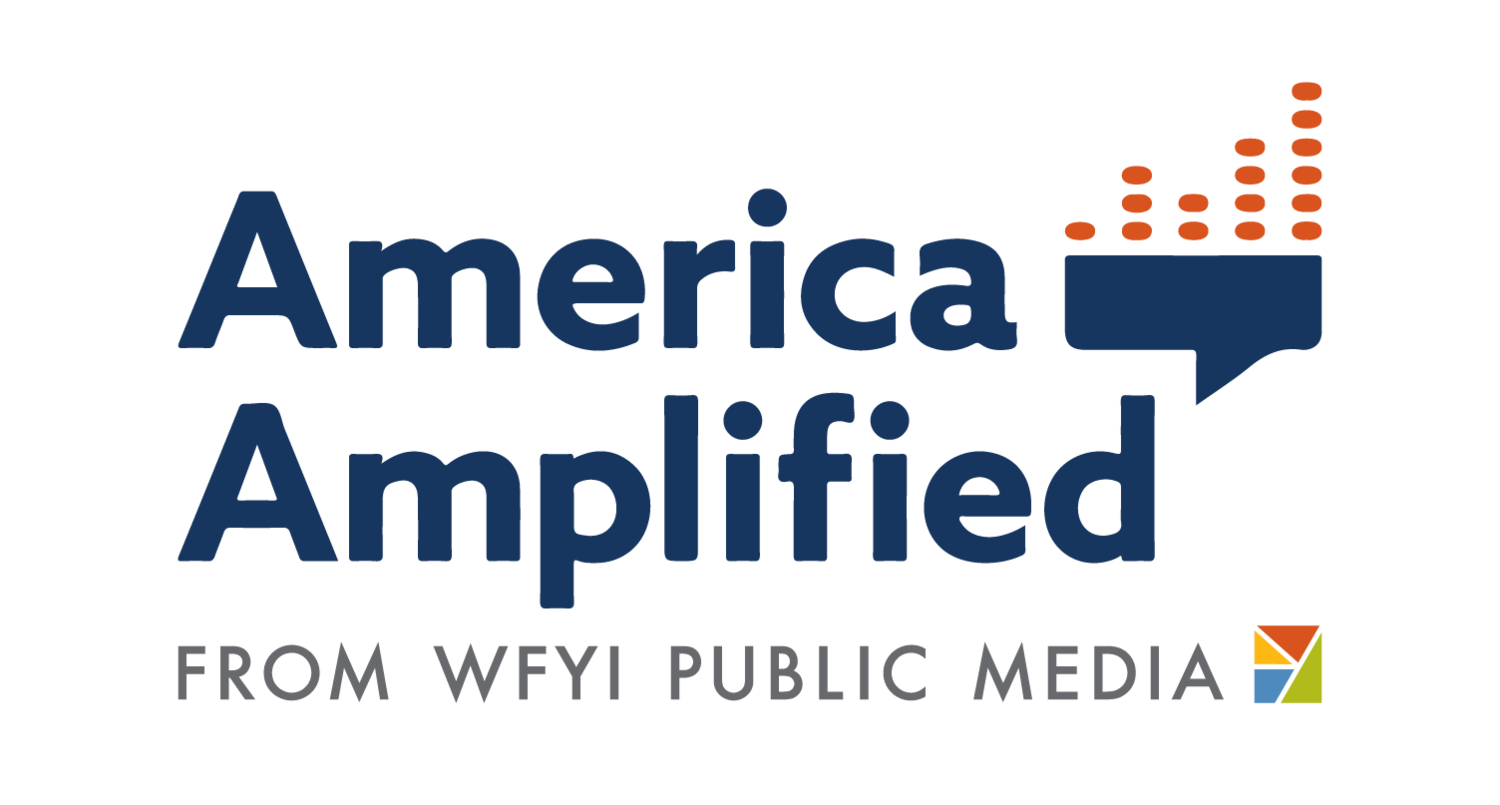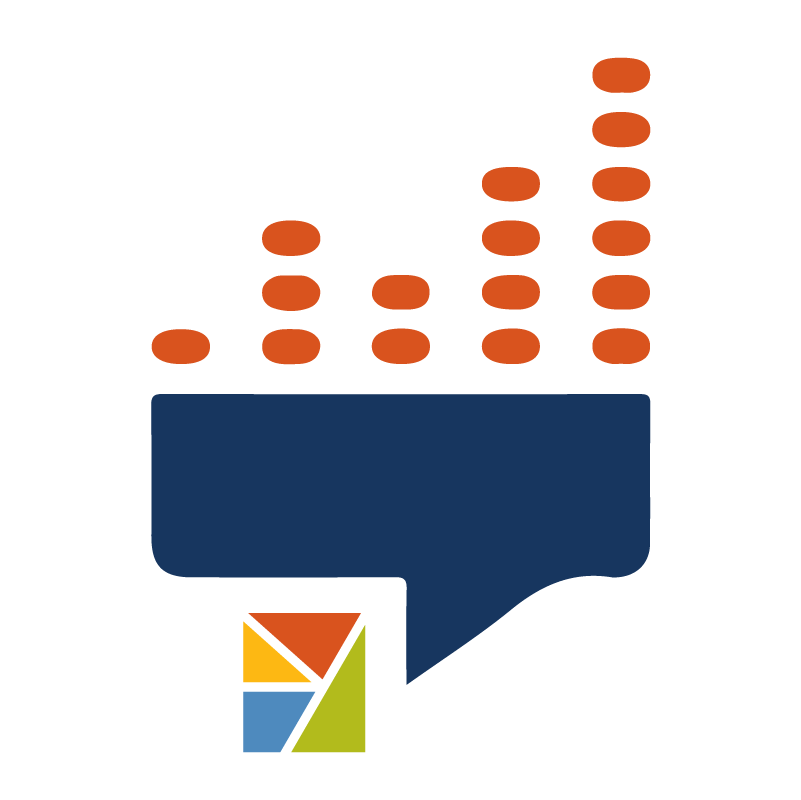This election season, KUOW reaches across Washington’s party lines to better understand their communities
KUOW Republican panelists in 2024. (Alex Rochester / KUOW)
How can a fresh or seasoned community engagement team support their news staff and help create new content? That’s the question many of us working in CE ask ourselves every day — especially as they plan ahead for something like a political season. But when Zaki Hamid, the Director of Community Engagement at KUOW in Seattle, saw what his colleagues in Utah were doing, he was inspired.
Tell us about your engagement initiative or project?
KUOW hosted three voter panels this year — featuring Republicans, Democrats and Independents. Each panel consisted of 6 individuals from around Washington state who were selected through a complicated vetting process. The project was spearheaded by KUOW’s engagement team — particularly with the aid of KUOW’s Digital Community Engagement Producer, Alexandra Rochester. The panels were prepped so our political reporter could step in and moderate without having to plan the event himself. This approach helped the station with capacity issues and allowed us to host three events ahead of the November election.
What was the main objective?
The main objective was to capture voices outside of western Washington where KUOW is located and the region we mostly serve. The station has heard from listeners that “we want to hear from people who are different from us” and at the same time we’ve heard from conservative listeners that they are disappointed in KUOW “they don’t hear their points of view being reflected.” We thought that this would be a really good time for us to do that, to showcase three different groups with different political leanings.
Did the collaboration between America Amplified and your public media station help shape your engagement strategy?
The event was inspired by our engagement colleagues at KUER in Salt Lake City who hosted a Republican voter panel before their state primary. That panel discussion aired on PBS Utah and was shared by KUER on YouTube. KUER is a part of the America Amplified network.
KUOW Independent panelists in 2024. (Alex Rochester/KUOW)
How are you building trust in the communities you serve?
It’s always hard to build trust. That’s one of the main pillars of our work so we’re pretty experienced about how to handle it. Getting on the phone and really saying, like, “here’s what we want to do with this, here’s why we want to do this” helps open those conversations with those who are more conservative or are skeptical about participating.
Are you trying to engage with a specific community? If so, what is it?
One of the main goals of hosting the panels was trying to get outside of the common voices in western Washington which generally lean blue. We wanted to capture some conservative voices and a really interesting streak of Independent voters in Washington state.
What challenges did your station face when trying to reach the community?
Outreach for the panels tended to be easier for the Democratic and Independent panels. Luckily we have an experienced team deeply engaged with our listeners and community members. Alexandra Rochester, our Digital Community Engagement Producer, managed the entire recruiting process, which included hours of phone calls to make sure the participants are right for the process. Alex also managed all other aspects of the process including narrowing the most important questions we asked. Her deep knowledge of what our audiences want from us was essential to this project. We utilized our texting club to ask if people would be interested in participating.
The response was incredible. But there was one issue — the people in that group are already super engaged with the station, so it wasn’t a hard sell. Not only that, but they tended to lean more blue. To reach conservatives we needed to do more grassroots work. Luckily we had just finished out doing the StoryCorps’ One Small Step project, which meant we had conservative voices who knew who we were and how we worked. There was one guy that I knew from years ago — he's very conservative, ran for public office a couple of times. He used to write to us all the time, with criticisms of our coverage. And at one point he said, you know what? I'm done. I'm not going to write in or listen anymore. So I actually reached back to him [and said] “Hey, it's been a long time. But, you know, here's what we have done so far to make sure that these voices are heard and I want to ask if you would be willing to participate.” So it took a good conversation, a long conversation on the phone to say… our intentions are actually pure. We really want to just elevate these voices and make sure that people, different people are heard.
How are you bringing reporting back to the community?
We’ve posted all three conversations on our YouTube channel. They are all over an hour long. We also are working with our social media team to cut some clips for social media - specifically Instagram.
KUOW Democratic political panel participants in 2024. (Alex Rochester/KUOW)
Were partnerships with local organizations and community leaders part of this work? Did they increase outreach efforts and build trust with the community?
Yes, we leaned on some of our existing contacts from past projects to reach conservative voices. Their outreach was more grassroots than utilizing our engagement tools to get participants for the Democrat and Independent panels.
What lessons do you take away from this work in terms of strengthening engagement?
When coming up with questions we started with some really low hanging fruit ones: What are your thoughts on the presidential race? What are your thoughts on the gubernatorial race? Those are the two big races that we wanted to cover as well as the local initiatives. One question that is kind of directly related to depolarizing coverage is: Should the election not go your way? How are you going to move on? And it's been an amazing question to ask because it really revealed a lot about how people think about their home, and their neighbors and everything. It's just a beautiful question.
Is there anything you would like to add for other engagement practitioners?
I think the biggest challenge for us now is to figure out how to share that content. What mediums do we use? What channels do we use to put that content out? So that's going to be the next challenge. I'm sure we'll have a lot of lessons learned from that, because the idea is always, obviously, we don't want to do this just for the sake of doing it. We have to share it. I'm really interested to see what lessons we learn from that.




